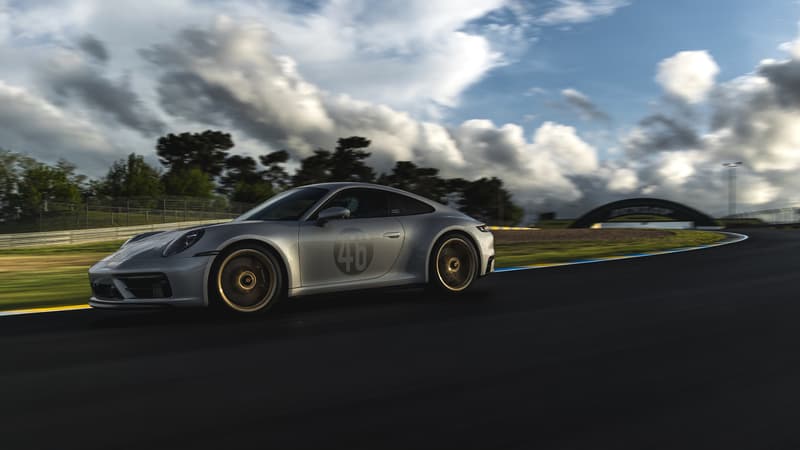Researchers have recently highlighted the need for further research into car marketing in light of UK accident data. An analysis of more than 400,000 traffic accidents revealed significant differences in driver responsibility depending on the car brands involved, especially during “risky or aggressive maneuvers.”
When questionable driving behaviors such as speeding, ignoring red lights, overtaking in solid lines or ignoring pedestrian crossings were involved in accidents, brands such as Subaru, Porsche and BMW were more likely to be at fault than Skoda or Hyundai. The researchers, after taking into account variables such as the age of the drivers and the type of road, hypothesized that the liability could be related to the brand of the cars.
“The chicken or the egg”?
For Professor Alan Trapp, lead author of the study and social marketing specialist at the University of the West of England, we should normally find the same proportion of aggressive maneuvers for all brands. However, Department of Transportation accident data found a higher prevalence among brands characterized by “advertising and marketing that appear to celebrate driving performance.”
“It’s a chicken or egg question. Do aggressive drivers choose certain cars or do brands make the situation worse?” he asked The Guardian.
“We know that some car brands spend hundreds of millions of dollars around the world each year to promote their cars with images that, in some cases, subtly imply a connection between the car brand and high-performance driving. We also know that the design of “Certain brands seem to attract drivers who want to push the limits of performance.”
Mixed messages
Dan Campsall, road safety consultant at Agilysis and co-author of the study, highlights to the British newspaper that despite the introduction by manufacturers of innovative technologies to improve safety, the driver is still a human being and receives contradictory messages about what What is expected of him. behind the wheel. This confusion is exacerbated by modern marketing, raising the question of whether manufacturers and regulators need to rethink their approach.
For Mark Borkowski, author of works on publicity stunts, car manufacturers have long seduced consumers by associating their cars with a particular lifestyle, glorified in programs, movies or series such as top gear EITHER Fast and Furious.
Spokespeople for Porsche, Subaru and BMW responded to concerns and highlighted their commitment to road safety. Subaru has changed its lineup since the data examined in the study, emphasizing safety and reliability. BMW emphasizes the importance of safety in its marketing, while Porsche invites each buyer to its exclusive experience center to fully understand their car and hone their driving skills.
Source: BFM TV


